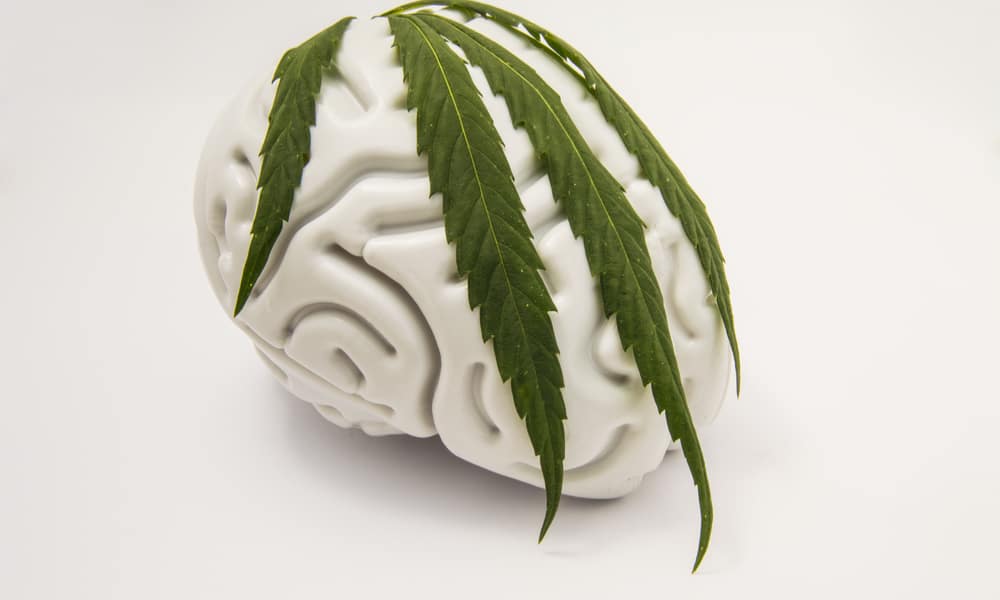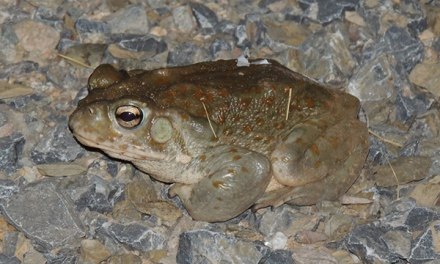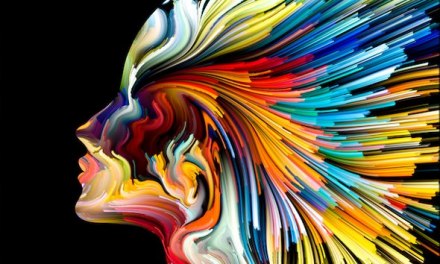This Washington Post article responds to a question about the effects of marijuana on brain development in teens. “Are there some people who shouldn’t use marijuana even if it’s legal?”, asks a reader.
Ask a Doctor: How does marijuana affect the adolescent brain?
Although cannabis doesn’t qualify as an especially dangerous drug for most users, research has suggested it presents certain risks for the young. Don’t forget that in many parts of the US, kids begin to experiment with marijuana as early as 12-14 years old.
About Dr. Friedman: he’s Professor of Clinical Psychiatry at Weill Medical College at Cornell. Few scientists explain complex medical issues related to substance use as well as he does. I make sure to check out any articles that appear. For our purposes here, I’ll summarize two main points from his extended reply.
- First, new research using brain imaging suggests that cannabis use may impact the brain’s centers for reasoning and so-called “executive function” – those skills that allow us to plan, weigh the consequences of our actions, and exert control over our impulses. The brain, it appears, takes much longer to mature than other parts of the anatomy – somewhere around age 25. There’s plenty of opportunity for drug use to interfere.
- Second, for a fraction of users of all ages, cannabis use will prove risky in terms of psychosis. Friedman notes that “psychotic illness was significantly more prevalent in those with any cannabis use than those without.” It caught my eye, because the risk of psychosis isn’t dependent on either amount used or duration of use — unlike so many drug-related effects. There seems to be something about the biochemical effects of cannabis that triggers psychosis in some individuals.
Friedman openly acknowledges the “elephant in the living room” whenever cannabis is discussed – it’s apt to be much more potent than it once was. When my friends and I first experimented with pot, back in high school, it was a variety known as Kansas Standard that had a THC content in the neighborhood of 1%. Those days are long gone. Now, the average THC content in a sample reaches 19% in many areas. That’s just ordinary weed. In other forms, such as concentrates, it can rocket upwards towards 50%, or even 75%.
That I still run into folks who brag about ‘dabbing’ liquid THC on a daily or near-daily basis is a tribute to the human ability to develop a tolerance. They actually seem proud of their ability to work or attend classes while stoned to the gills — as if that were evidence of strength of character, rather than evidence of a deep dependence on a drug.
As for what all that drug use might be doing to their brains? That’s a question they’d rather not dwell upon.
There’s no medical test to determine vulnerability to psychosis, so doctors tend to rely on broad indicators such as a family history of mental illness, particularly among close relatives. There’s a clear link, Friedman argues, with a family background that includes schizophrenia. For those people, it’s wise to avoid cannabis altogether.
“Too late for me,” laughed a noisy 16-year-old in the audience at a lecture. “My sister’s four years older than me and she’s already made two trips to the booby hatch.” Somehow, he didn’t connect this to his own situation. “If I was gonna be a loony,” he protested, “it would’ve already happened by now.” Unfortunately, that’s not true. Typically, a first episode of psychosis occurs between the ages of 18 and 25 — and is slightly more common among males than females.
That’s enough for now. I strongly encourage those who are interested to go ahead and read the linked article. Meanwhile, I’ll let Dr. Friedman close this post:
“I and my colleagues have seen many instances where young people with siblings or parents with a psychiatric disorder develop the first episode of psychosis or depression after cannabis exposure. Would the disorder, for which they are at risk, never have been unleashed in the first place or perhaps developed later in life if they had not used cannabis? It’s a counterfactual question that we can’t answer. But why take the chance?”
It’s a good question, Doc.












